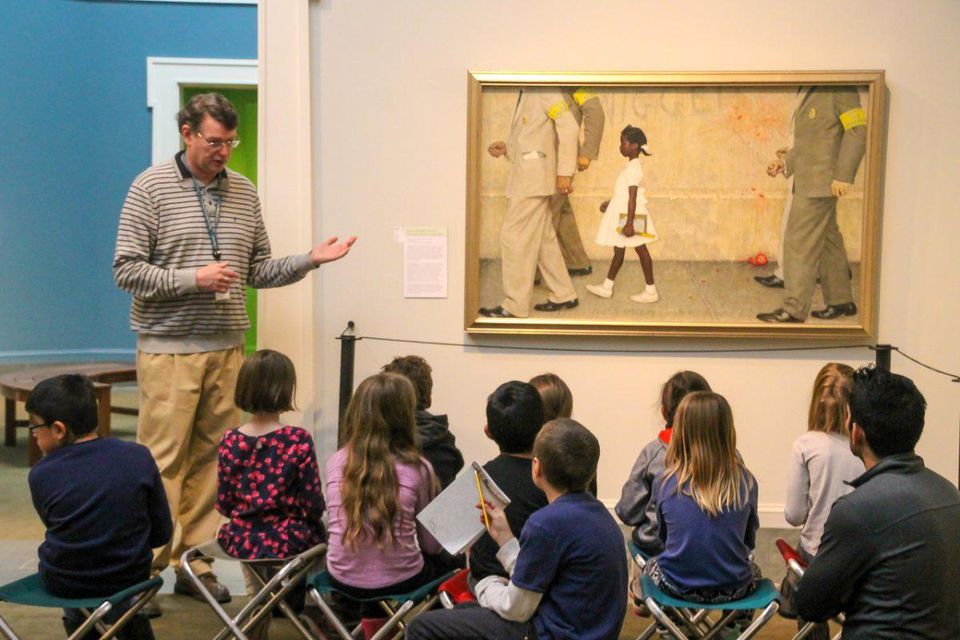 By Denise Brodey
By Denise Brodey
Published in Forbes.com
September 13, 2018
At work, diversity is a great thing and acceptance of neurodiversity, in particular, is growing. (If you are not familiar with the term, watch this short video featuring Devon MacEachron, Ph.D., a psychologist who explains it clearly.) We get the chance to see how people who don't think like us solve problems. What's even better? We start to understand neurodiverse people as humans, not as labels. They, in turn, begin to trust us and to show their strengths.
On paper, you may be thinking, that all makes sense. Making a personal connection is how you help people and businesses to change their culture and to be more inclusive. It's more complicated than that, of course. Most small to mid-size businesses don't have much experience in bringing people with learning and attention issues on staff. In fact, they're not even quite sure how to make that first connection.
My search for information began at CIP (College Internship Program), whose mission is to help young adults with high-functioning autism to be as successful as possible, says Dan McManmon, CIP's president and director of marketing. I was interested in CIP because it was a pioneer in the business of creating a comprehensive transition program for neurodiverse young adults, and because they would let me talk to autistic people who attend the program.


